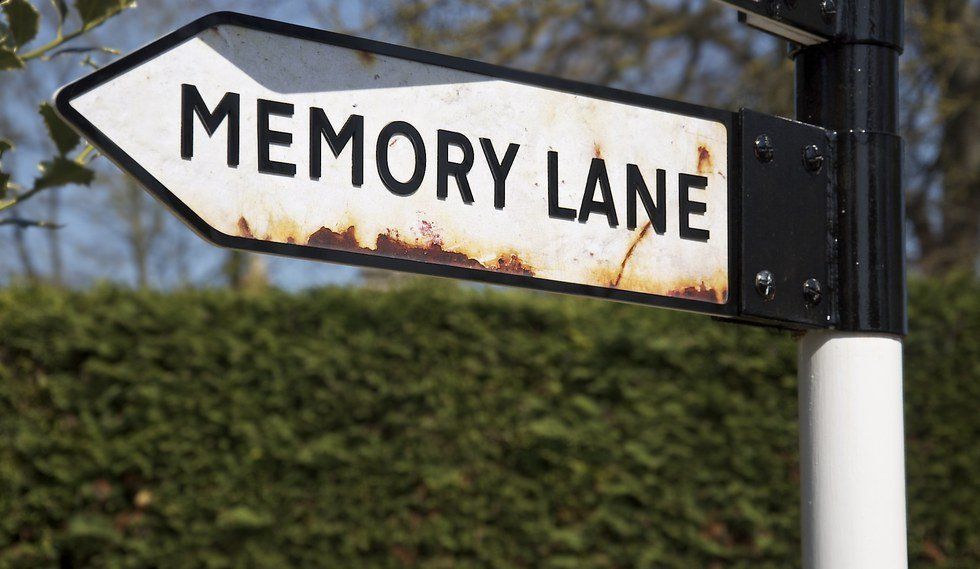This past week I was scrolling through Twitter and saw someone ask, "What are y'all's favorite PlayStation 2 video games?" This got me thinking back to those countless hours spent on my PS2 when I was around seven years old. One game stuck out to me in particular, Ape Escape 2. It's a completely absurd game in which you capture intelligently hilarious monkeys in all types of insane landscapes. Everything from the humor to the music was perfect to me. I even looked up the game's soundtrack on YouTube to listen to the music and it made me reminisce even more. Then, I googled the game and discovered that Sony recently made it available for download on PS4! Quickest 10 dollars I've ever spent. My nostalgia for that game was more powerful than my desire to save money, even though I'm a broke college student.
Nostalgia is defined as "a sentimental longing or wistful affection for the past, typically for a period or place with happy personal associations," and it can be one of the most powerful human feelings possible. It can control your thoughts and actions to the point that you become obsessed with the past. The perfect example of the danger of nostalgia can be found in the character Jay Gatsby from The Great Gatsby. He was so addicted to the memory of his love that nothing else in his life mattered. This is dangerous because if you become addicted you will be willing to compromise your morals to obtain that memory. And even if you do achieve that goal, it's almost never as good as you remember it.
I've noticed a disturbing trend in America, for there are many Americans who have a fantasy of a past where everything was perfect. This is one of the reasons why Trump's message of "Make America Great Again" appealed so prevalently to a certain sect of Americans. This sect would be those deep-rooted American families that have had several generations living in the country. When these Americans think of the past, they picture their rich and powerful land-owning ancestors. They see their current lives, and maybe it's not what they had hoped, so they gain a sense of nostalgia for that period of time. This leads to a comparison between the differences of America when their families had power versus the lack of what they have now. That step is where many minds become corrupted.
Many people focus on the fact that non-white people and immigrants had considerably less, if any, power or rights. They believe that if they could bring that aspect of the past into the present, they will gain back the status that their ancestors held. This is also how Trump's immigrant rhetoric appeals to a select group of people. The belief that the reason they don't have the same wealth as their ancestors is because the immigrants have sabotaged their economy automatically shifts the blame from themselves and puts it on immigrants. This thought easily festers into racism. Therefore, the nostalgia that certain people have for past America rears its ugly head when that certain group of people focus on negative aspects of the past that they think gave their ancestors success.
In no way am I making a generalization of every racist American, and I realize that there are many other complex circumstances that bring out the worst and most divisive behavior in humans. However, I do believe that this nostalgia for the past leaves people vulnerable to hateful rhetoric. These beliefs make certain Americans terrified of progress, filling them with a desire to move backwards to a time in which their families were powerful. They don't realize that even though America was great for them, it wasn't great for people that weren't in such a privileged position. As long as people believe that America was once great, it will never be great.





















